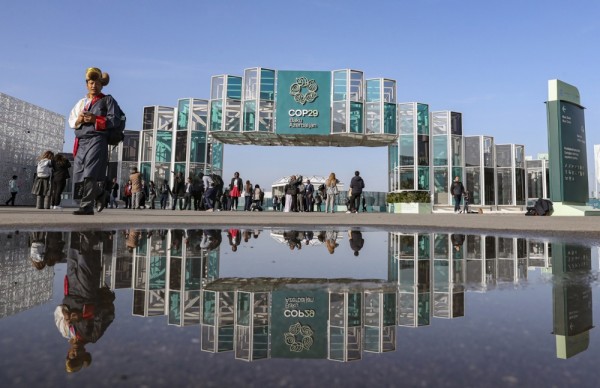The International Press Institute (IPI) today strongly condemned threats made by police officials against a journalist with the Spanish news site Público after the site revealed alleged corruption implicating members of law enforcement and it called on authorities to launch a comprehensive investigation.
Público this week published recordings of telephone conversations in which a police chief inspector, presumably a member of a unit that has become known as the “political brigade” or “patriotic brigade”, told the journalist: “There’s going to come a time when things are going to get out of hand, mark my word.”
In the same conversation, according to Público, the chief inspector threatened to leak the journalist’s personal information ̶ and to invent information as necessary.
In a telephone interview, Público Editor-in-Chief Ana Pardo told IPI that the site had previously never recorded conversations with sources or anyone else without prior notification. However, Pardo said Público felt compelled to break with practice after almost three years of continued hostility that began when the site began reporting, in 2014, on the “Little Nicholas” case, involving an alleged swindler who reportedly hobnobbed with political and economic leaders.
As part of this investigation, Público reported on the existence of an alleged police unit acting in the margins of the law and with the acquiescence of the political elite.
Members of this so-called “political brigade” were reported to have paid for false information against pro-independence Catalan politicians, as well as for the production of a report containing false evidence against the leader of the leftist Spanish political party Podemos, which emerged from protests against economic austerity and posted strong results in the most recent general elections.
“What we want to do [in publishing the recordings] is to highlight the difficulties that exist in Spain for investigative journalists covering topics related to police forces,” Pardo explained.
“It is unacceptable for a European country operating under the rule of law to allow these sorts of attacks against the press to go unpunished,” IPI Executive Director Barbara Trionfi said. “We call on the Spanish authorities in both the police and government to launch an investigation into the incidents of threatening behaviour reported by Publico.”
Just this week, the current police director-general, Germán López, in his first appearance before the Committee on Internal Affairs of Spain’s Congress of Deputies, denied that the “patriotic brigades” existed, at least not since he assumed his post four months ago. He referred to the matter as a “problem of the past,” according to Spanish media reports.
Summing up the site’s decision to publish the calls, Pardo said: “We are not afraid, but we want people to see how difficult it is.”



